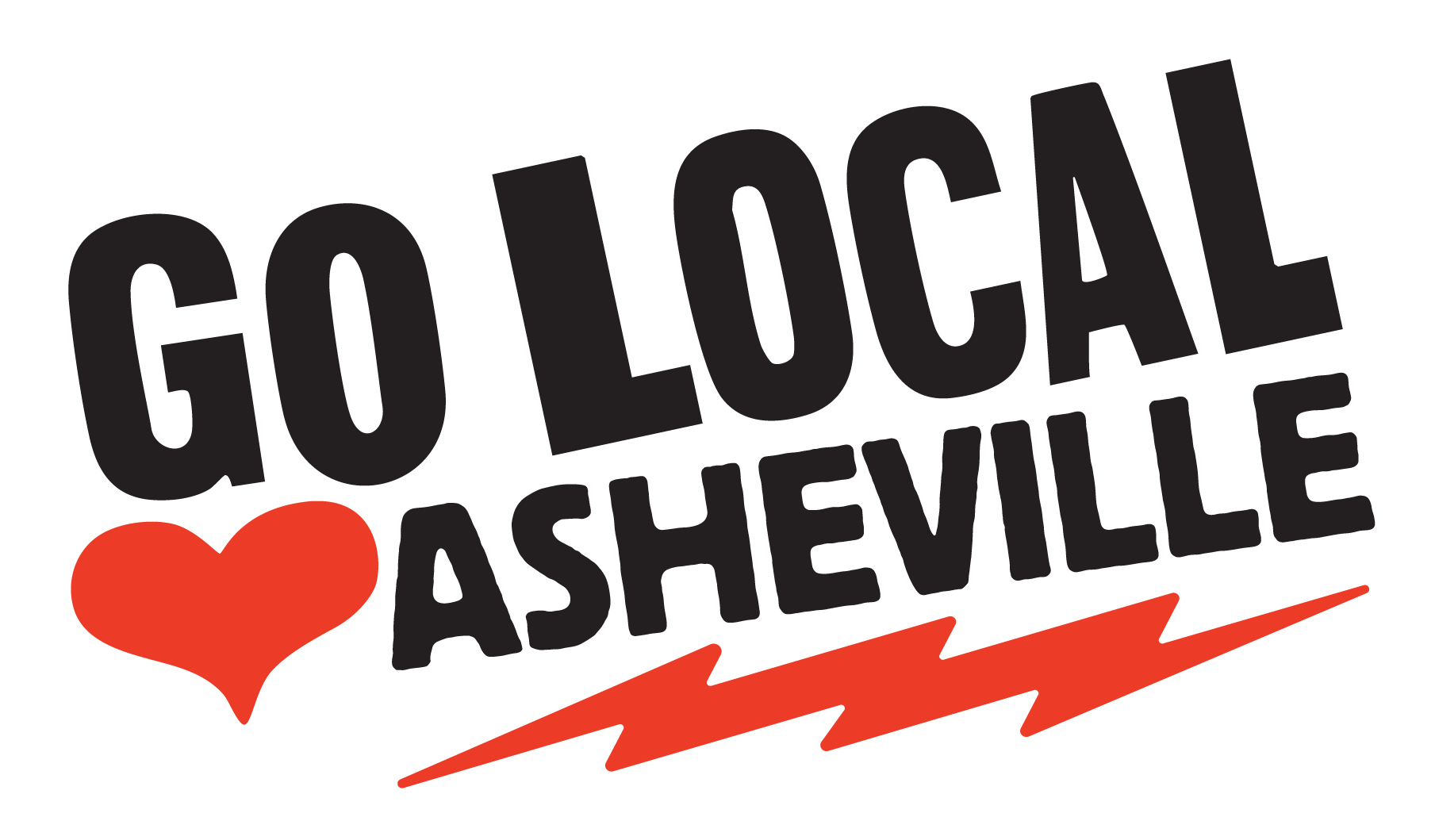 Who will fill my shoes?
Who will fill my shoes?
I watch my dad struggle with this question every day. He and my mother immigrated to the South in the early 1970s chasing the promise of a thriving textile industry, in pursuit of the American dream. Decades later, his small machinery company, through sheer will and dogged reinvention is a rare survivor of NAFTA, and still rooted in Gaston County.
At 72, he loyally goes into work every day to drive a 28 ft. trailer teeming with machinery to customers hundreds of miles away. He has a strong business which has been his life’s work but he doesn’t have a natural successor, or a solid succession plan and he is not the only business owner in this position.
The most recent U.S. Census Survey of Business Owners counted our local small business base of 26,800 privately-held businesses with employees in the 28 Western North Carolina counties. These enterprises are responsible for 291,000 jobs, $55 billion in sales and $8.6 billion in salaries. Buncombe County’s economy, alone, accounts for the lion’s share, roughly 20 percent of these figures.
Across WNC, our historically strong manufacturing base is experiencing a resurgence, and, with the help of the innovative networks and Buy Local Campaigns, a new breed of factory is emerging from the dusty, noisy mills of the past.
But this rebirth is not nearly enough. Middle class jobs continue to vanish and blue-collar industries struggle to provide benefits and living wages in the face of global competition. In addition, a looming wave of business owner retirements is threatening the Western North Carolina economy — and the U.S. economy as a whole.
The silver tsunami and the employee ownership alternative
Nationally, baby boomers own about 2.3 million of the 5.2 million privately-held businesses with employees (or 44.7 percent) currently operating in the United States, and these business owners are already starting to retire.
Each day 10,000 baby boomers celebrate turning 65, creating a mass exodus from the American economy, often referred to as the ‘silver tsunami.’ This includes an enormous number of business owners who haven’t made plans for succession (over 85 percent), putting the future of their businesses — and the employees that depend on them — at risk.
In Western North Carolina the 12,000 retiring small business owners (nearly half of the total according to our latest study) do have options. For example, they could sell their businesses to outside corporations looking to acquire more diverse assets for their portfolios. This often means layoffs, relocation, changes in business practices and culture or even closure if profits don’t come quickly enough to suit absentee owners.
Alternatively, they could choose a well-heeled buyer who may or may not have ties to the local community (and would be unlikely to make any promises even if they did). These choices are suited for business owners who want a quick profit and don’t much care about what happens to their business, employees or the community they’ve served after they leave.
The reality is that most small business owners, my father included, do care what happens. They see themselves as co-creators of a vibrant local economy, and they would prefer to find buyers who will maintain that commitment to their community. Many envision themselves staying for a stint, as advisers to shepherd the process, in the business they dedicated their lives to.
The employee ownership structure comes closer to preserving a strong local business community than any other business model. It also creates a realistic avenue for owners to exit gracefully and a lucrative pathway to retire.
How employee ownership works
Under employee ownership, the day-to-day management structure of the company can remain the same. But oversight is transferred to an executive board comprised of worker-owners (alongside other qualified representatives) chosen by the entire employee base. This leaves the majority of worker-owners free to concentrate on their specific areas of expertise, while managers remain focused on promoting growth and strengthening a participatory ownership culture.
Financing options are plentiful for potential worker-owners, and nonprofit organizations like The Industrial Commons, based in WNC, provide expert advice and legal support during the transition stage. With the help of national employee ownership conversion professionals, based in the San Francisco Bay Area, Project Equity, the conversion from conventional private ownership to employee ownership should be smooth and retain the customer and client base.
Studies have verified the effectiveness of this business model. In comparison to traditional privately-owned enterprises, employee-owned businesses offer:
● Higher wages and increased benefits
“At CHCA, workers’ schedules average 36 hours per week compared with the industry norm of 25–30. In the mature cooperatives supported by WAGES [rebranded as Prospera], members’ family incomes increased 70–80 percent on average, and many members have health insurance and paid time off for the first time in their lives.” Worker Cooperatives: Pathways to Scale. p.11
● Greater job security and business longevity
“100 percent employee-owned companies are 1/3rd as likely to fail as publicly-traded corporations” Worker Cooperatives: Pathways to Scale. p.13
● Democracy in decision-making
● On-the-job training in business and leadership skills
● Dignified employment with improved work / life balance
Unlike absentee ownership, employee ownership keeps business profits in the community, facilitating local economic growth and development.
In Asheville, we experience the value and viability of locally-based enterprises, each and every day. However, as visitors to our region grow, more and more businesses rely on tourism, a fickle industry that comes with its share of low-wage, service-based jobs. As our heritage industries resurface in Buncombe and more rural counties in WNC, we have the responsibility to capture the energy and create exciting opportunities for our youth to stay. By reshoring production and recreating a maker-based economy that puts ownership in the hands of the people whose livelihoods depend on these jobs, we can rebuild a truly resilient, thriving economy in all of WNC.
Employee ownership and the future of small business in WNC
We are in desperate need of new approaches that will revitalize entrepreneurship, open up access to wealth, diversify ownership and inspire future generations to stay in our communities. This is the power of enterprises owned by the people who work in them.
Stopping the outflow of quality jobs and wealth from cities, small towns and rural areas has no downside, and as the silver tsunami sweeps across the landscape we must be prepared to adapt to the unique challenges it creates.
The employee ownership model is often referred to as ‘innovative,’ but overlooked or underpublicized might be more accurate. Employee ownership has a long track record of success in many industries, and has preserved and re-energized thousands of businesses throughout the United States and many more around the world.
I reflect on all the inspiring entrepreneurs I’ve been able to work with through the Go Local campaign and on my personal experience, growing up, watching a strong industry unravel and take a community down with it. Regional economic developers, business owners and local leaders must be proactive and open more opportunities for people-powered, locally-owned companies that harness the dynamic potential of collaboration. Employee ownership is neither experimental nor speculative. Its record of success is indisputable, and that should make it attractive to retiring business owners in Western North Carolina who care about their legacies and have the power to influence the future of our home.
This op-ed originally appeared in the Asheville Citizen Times, thanks to them for publishing it!
Franzi Charen is the co-owner of Hip Replacements Clothing in downtown Asheville. In 2009 she started the Asheville Grown Business Alliance in partnership with Lexington Avenue business owners. She currently consults with Project Equity and is on staff as a project manager specializing in employee owned conversions at The Industrial Commons.


Facebook
Follow usInstagram
Follow us